Reflections: What it means to be on the Senate Committee on Aboriginal Peoples

In its 26-year history, the Senate Aboriginal Peoples committee has produced reports advocating for services for urban Aboriginal youth, safe drinking water on reserve, the recognition of Métis identity, improved First Nations access to quality education, and in the fall, on housing in Canada’s north.
June is Aboriginal History Month in Canada, and this year marks the 20th anniversary of National Aboriginal Day.
What does it mean for Senators to be part of this crucial committee?
Hear it from them directly.
Senator Lillian Eva Dyck, Committee Chair, Saskatchewan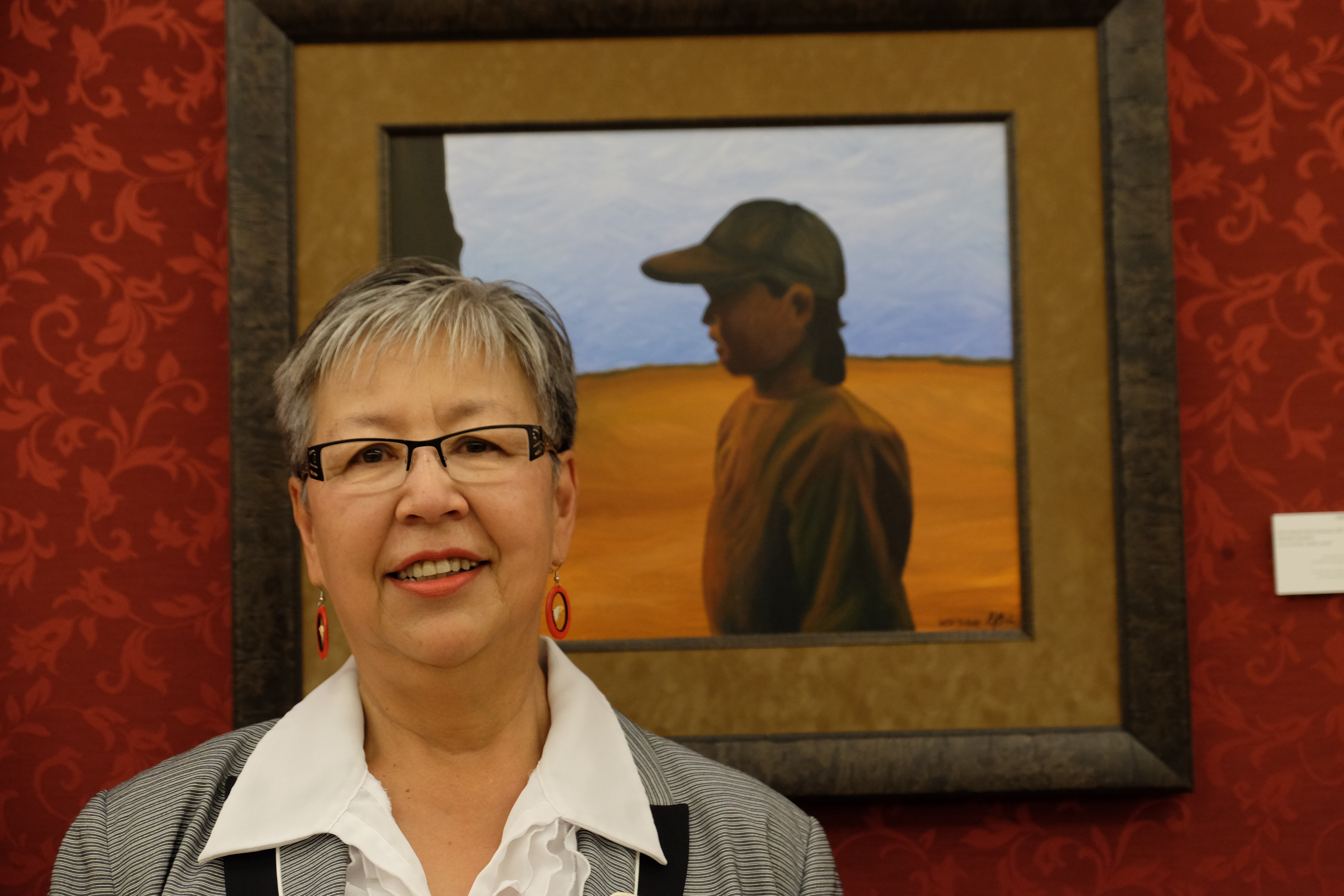
From the time I first became a senator, I wanted to be a member of the Standing Senate Committee on Aboriginal Peoples, because I am an aboriginal woman. Of course there are many, many issues that affect aboriginals across Canada. And there are of course very specific issues that affect women.
Being on the committee is very interesting because when I go across Canada and I’m at different meetings and I see aboriginal people and they come up to me and they say how proud they are to see an aboriginal person on television as part of the committee. And I think now they are especially proud that they see me as the chair of the committee so it gives them a sense that there is someone there taking their concerns seriously and presenting it to the government.
Senator Dennis Patterson, Committee Deputy Chair, Nunavut
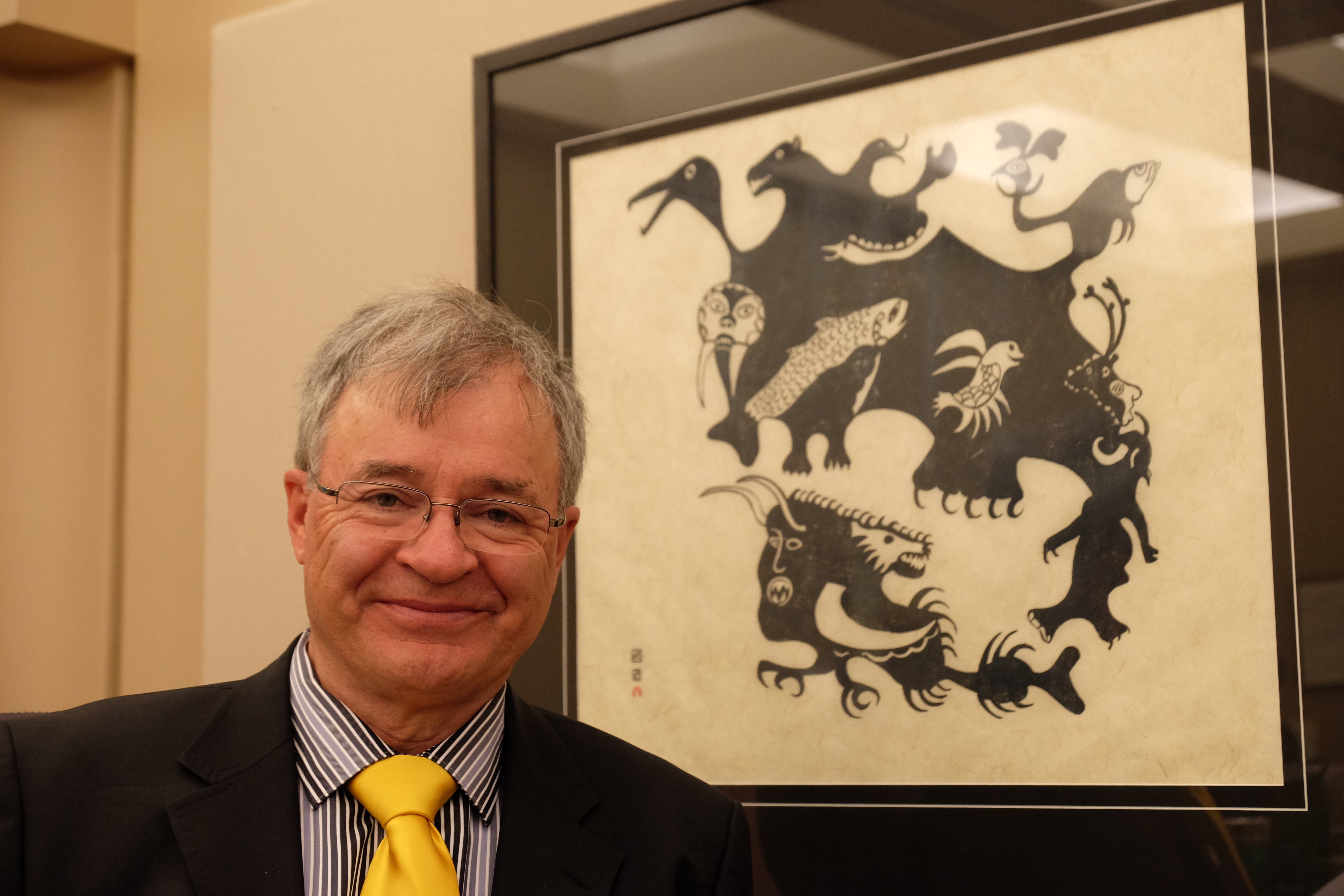
I believe that the Senate Committee on Aboriginal Peoples is an important voice for the indigenous people of Canada, who face well known challenges but also have enormous potential. In my seven years of service on the Committee, it has operated on a largely non-partisan basis, and has won respect from many Aboriginal leaders for the depth and merits of its studies.
The Committee has tackled issues of great importance to Aboriginal Peoples: Economic Development ("A Hand Up Not a Hand Out"), Modern Treaties ("Closing the Loopholes") Education ("First Nations Education: From Crisis to Hope"), Metis identity ("The People Who Own Themselves"), Housing on First Nations Reserves ("Challenges and Successes"), Housing in the Inuit regions of Canada (currently underway) and recently, Jay's Treaty (report pending). We have also reviewed and approved what I believe was progressive legislation to reform and modernize the elections process for First Nations, to make provisions for Safe Drinking Water and ensure transparency on financial expenditures for First Nations bands (First National Financial Transparency Act).
Senator Nancy Greene Raine, British Columbia
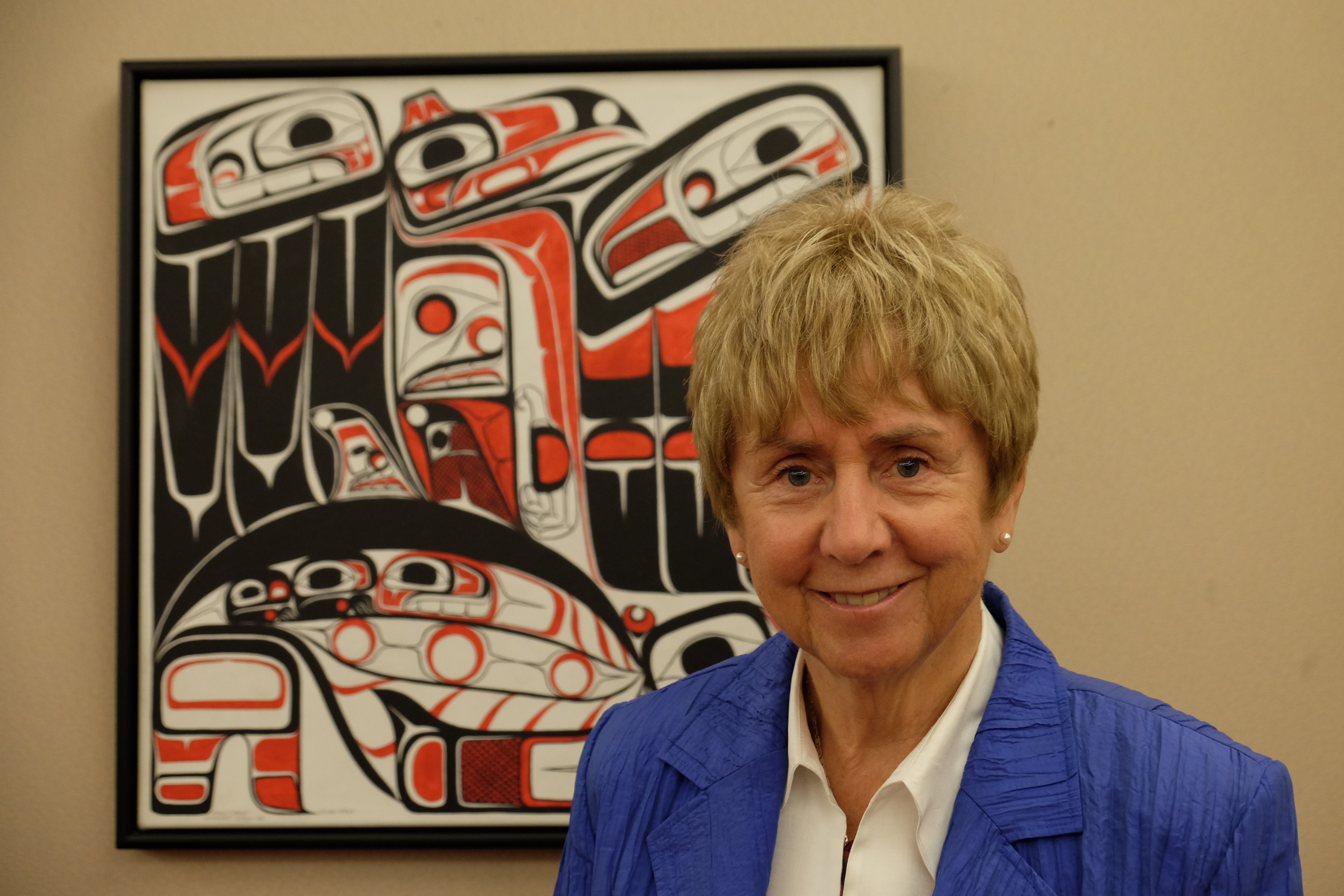
When I came to the Senate I asked to be on the Aboriginal Peoples Committee because I know that in British Columbia, issues to do with our local first nations are very important to the whole province. In British Columbia there are very few treaties and so the 1st nations in British Columbia are moving very quickly to self-determine their future and the relationship with the rest of BC. It’s very interesting, very challenging but also very exciting.
My experience on the committee has been amazing. I’ve learned so much, I know now that one of the biggest challenges we face in Canada is that most non-Aboriginal Canadians do not understand the history and the culture of our first nations. And I can see how strong they are as people and how much they have to contribute to our country. We need a lot of education on both sides, on all sides really, because new Canadians also don’t understand the roots and the history and the deep love of place that their culture has evolved over so many years. And so it is a really fascinating committee and I really enjoy being on it.
Note to readers: The Honourable Nancy Green Raine retired from the Senate of Canada in May, 2018. Learn more about her work in Parliament.
Senator Sandra Lovelace Nicholas, New Brunswick
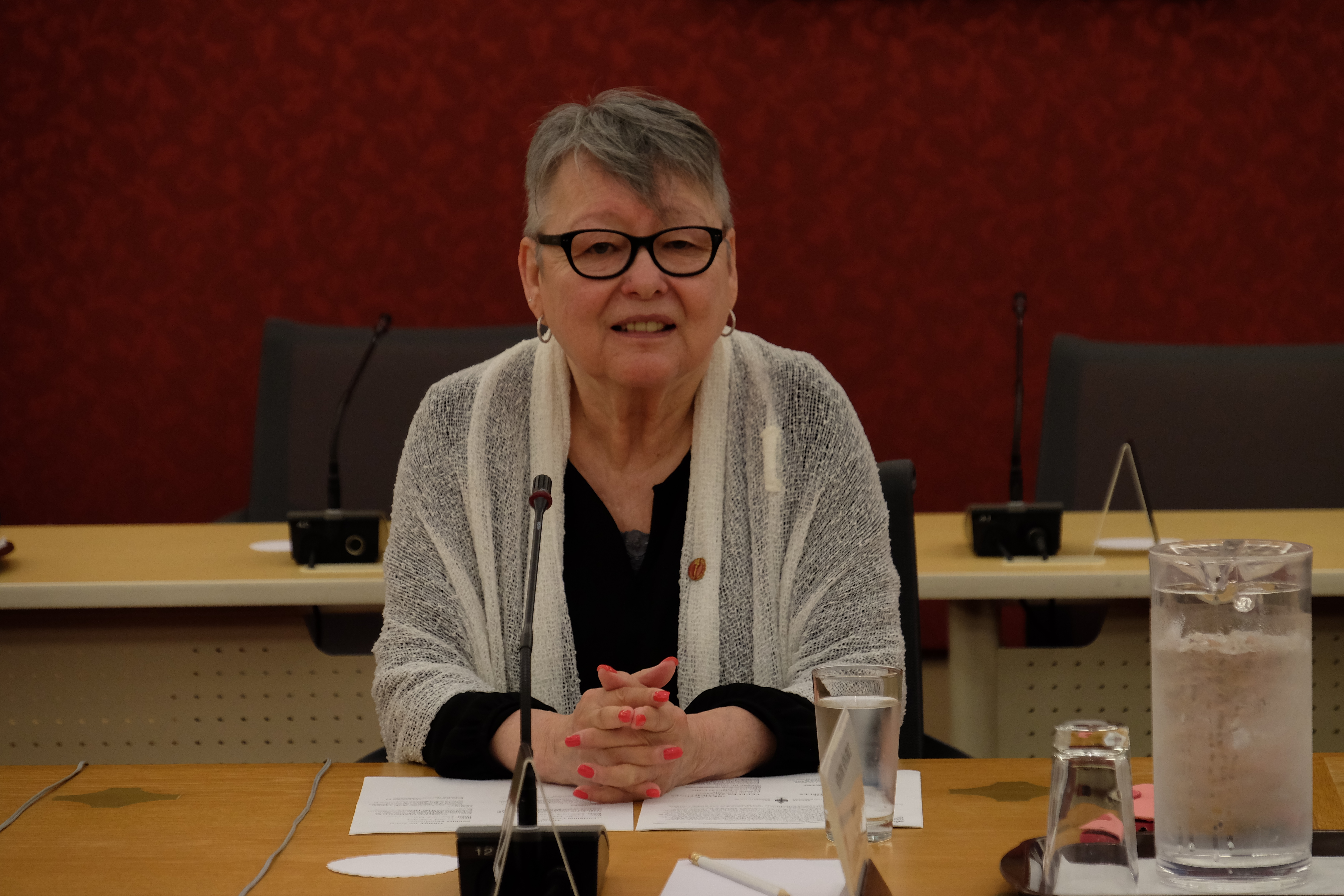
I joined this committee because it was always my dream that aboriginal people would be treated equally in Canadian society. And I believed that by being in this committee, I could help.
Senator Wilfred Moore, Nova Scotia
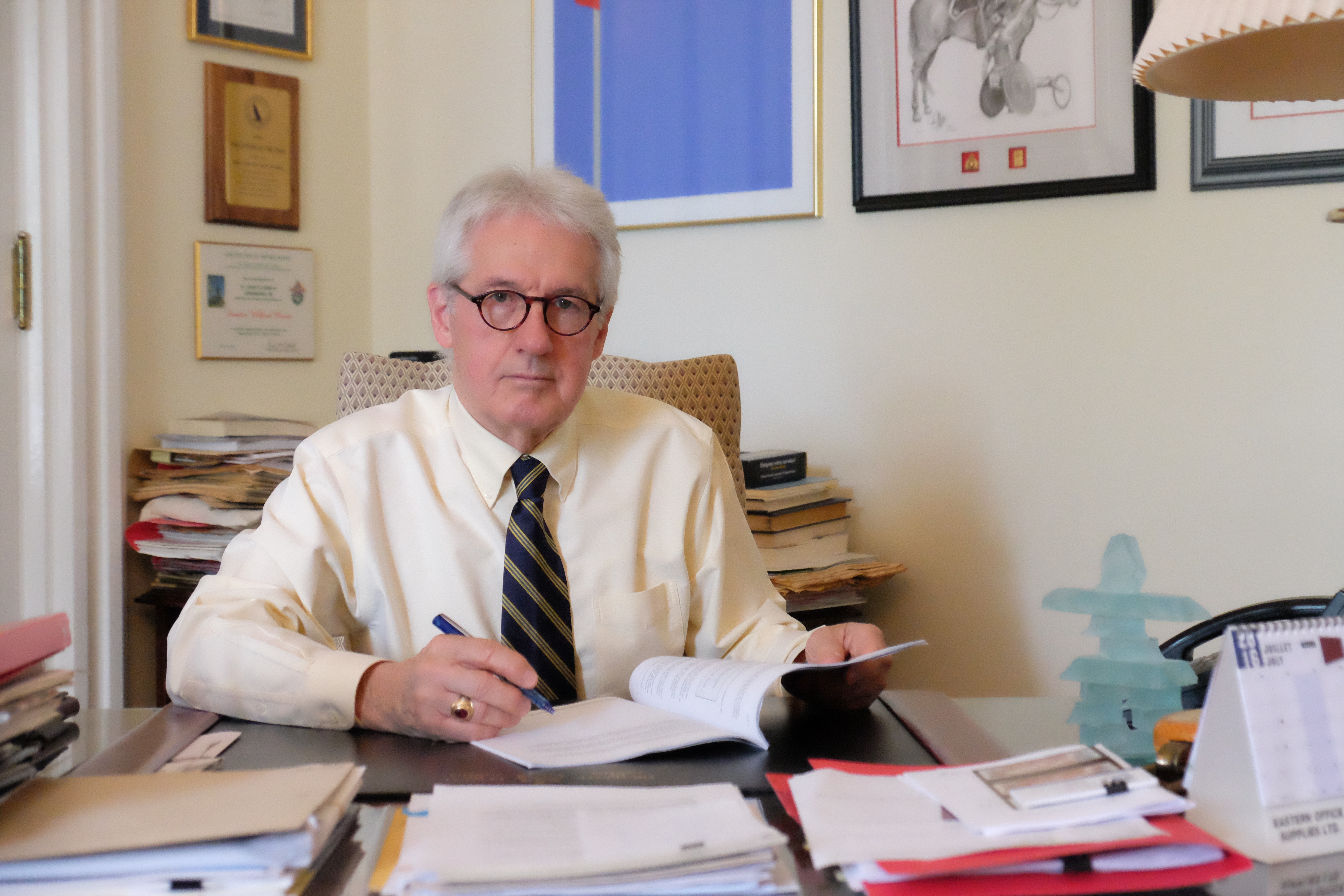
I asked to join this committee because I wanted to know more about the lot that our Aboriginal peoples find themselves in. We’ve done various studies over the years and the most important ones I think have been the recent ones dealing with housing in First Nations and Inuit communities. To have our committee go there and be welcomed by these people into their homes and see the conditions in which they live so clearly demonstrate their needs. And the committee really gives them a vehicle and opportunity to have their own positions made known. And we went to them. Sometimes people can’t get to Ottawa! So it’s good for them to have us in their communities and good for us to he be in their communities to see and to hear.
There’s no doubt in my mind that the policies of the Indian act – which is an archaic, patriarchal document, that document should be torn up – have in my mind kept these people in bondage socially, culturally and economically. But so particularly for the younger people in these communities, we’ve got to give them hope and meaningfully, not just words. We got to be there and move forward with them. So, to me this is one of the most important committees in Ottawa – no question about it.
Senator Scott Tannas, Alberta
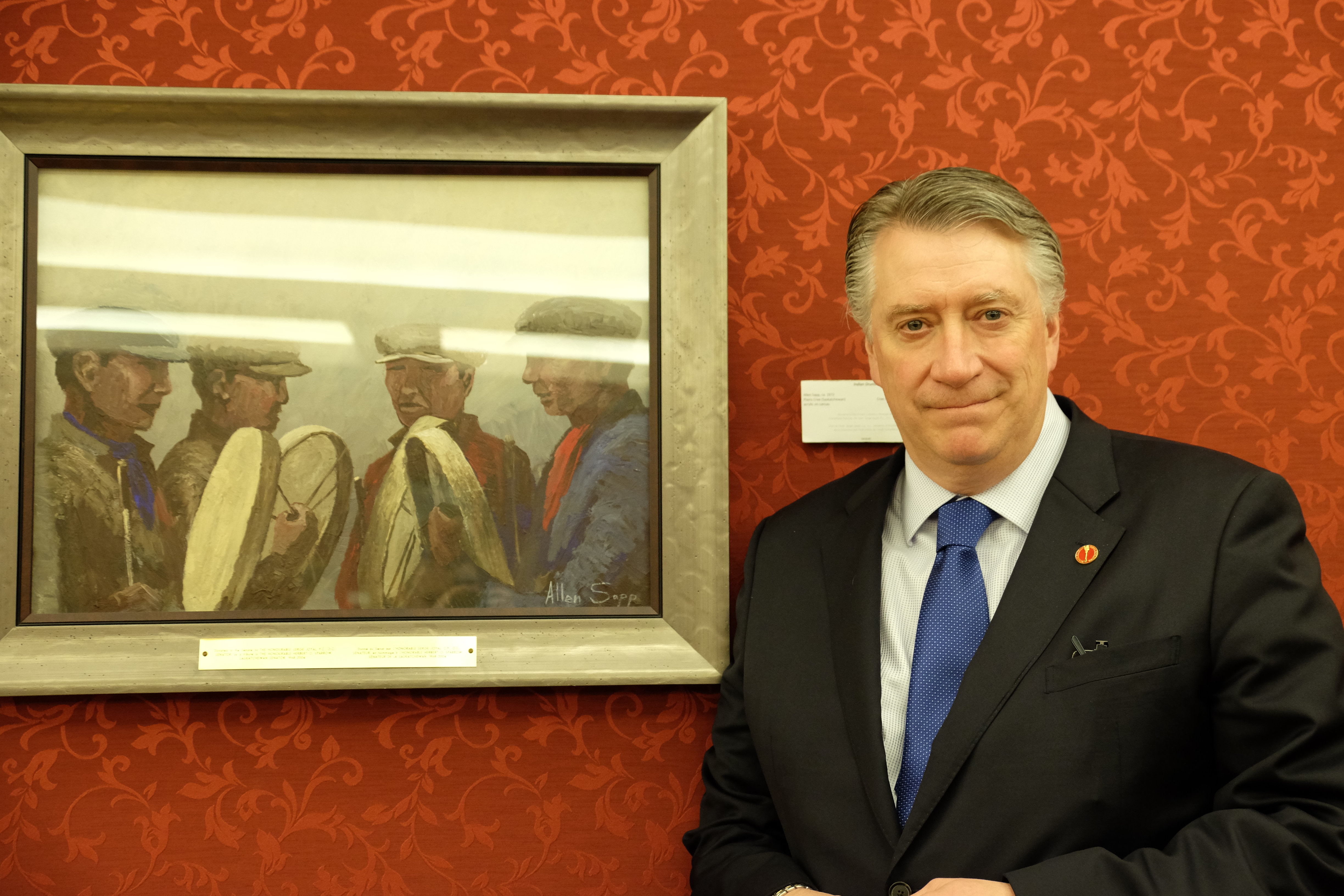
For me, when I came to Ottawa, my first request was actually to be put on the aboriginal affairs committee. Simply, I believe as a western Canadian and as Canadian in general, I view Canada’s relationship with aboriginal people to be at a very significant crossroad and I want to be part of resetting the relationship in a way that will allow us all – all Canadians – to go forward from here in peace, harmony and with a safety and security, happiness and economic prosperity, for every single person.
Senator Tobias Enverga, Ontario
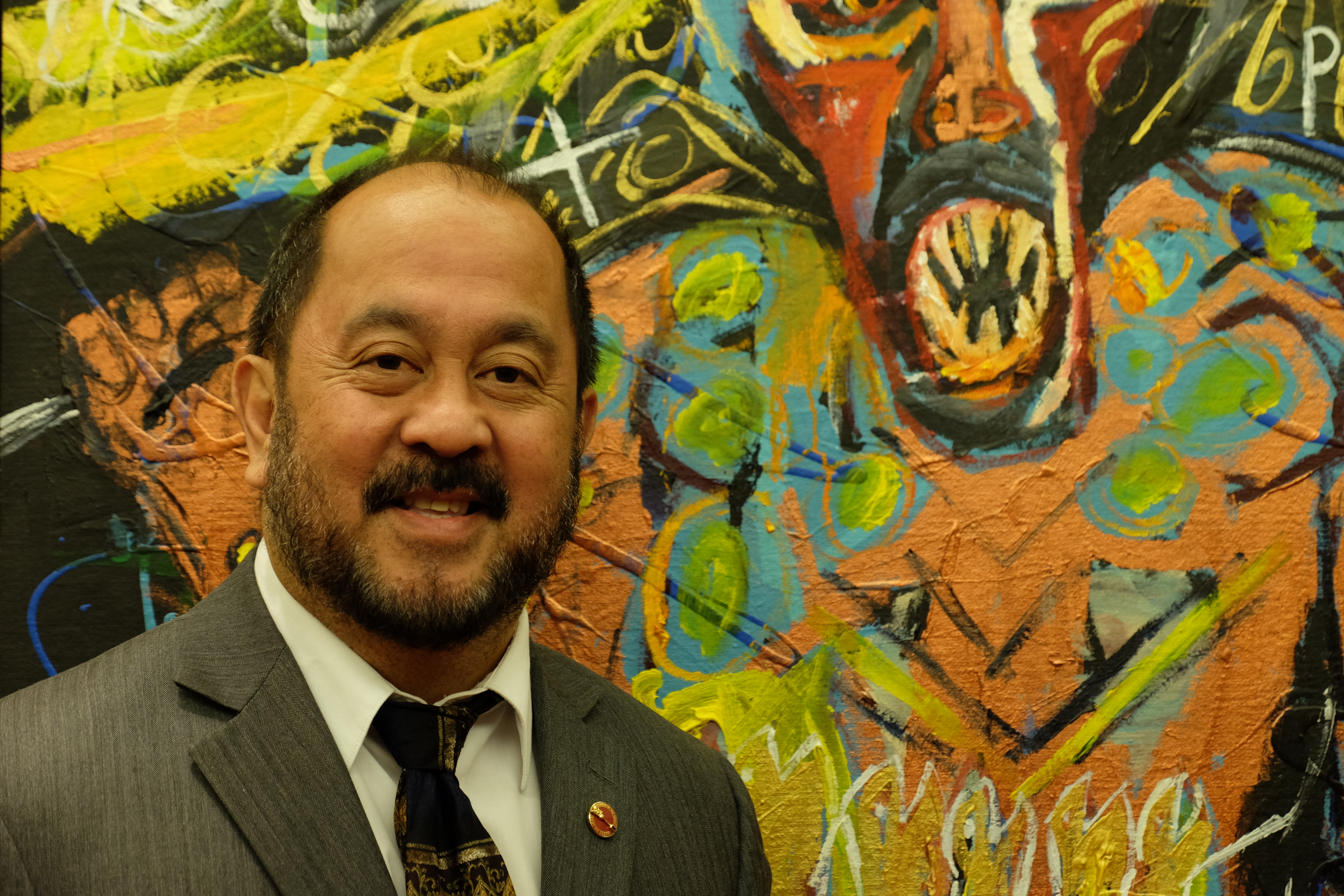
The aboriginal committee is so important because it studies and examines the federal government’s constitutional treaties, political and legal responsibility to our aboriginal friends. As a new Canadian, it’s a great honor to be able to study and help the first Canadians!
Note to readers: The Honourable Tobias Enverga Jr. passed away on November 16, 2017. Learn more about his work in Parliament.
Senator Victor Oh, Ontario

I enjoy learning about the different perspectives of Canadians. As a new member of the Aboriginal Peoples Committee, I look forward to learning more about the rich history and perspectives of aboriginal, Inuit and Métis communities as well as the important role we all play in Canada’s future.
*Please note that as of July 31, 2022, the name of the Senate Committee on Aboriginal Peoples was changed to the Senate Committee on Indigenous Peoples. More information about this change can be found here.
Related articles
Tags
Committee news
Reflections: What it means to be on the Senate Committee on Aboriginal Peoples

In its 26-year history, the Senate Aboriginal Peoples committee has produced reports advocating for services for urban Aboriginal youth, safe drinking water on reserve, the recognition of Métis identity, improved First Nations access to quality education, and in the fall, on housing in Canada’s north.
June is Aboriginal History Month in Canada, and this year marks the 20th anniversary of National Aboriginal Day.
What does it mean for Senators to be part of this crucial committee?
Hear it from them directly.
Senator Lillian Eva Dyck, Committee Chair, Saskatchewan
From the time I first became a senator, I wanted to be a member of the Standing Senate Committee on Aboriginal Peoples, because I am an aboriginal woman. Of course there are many, many issues that affect aboriginals across Canada. And there are of course very specific issues that affect women.
Being on the committee is very interesting because when I go across Canada and I’m at different meetings and I see aboriginal people and they come up to me and they say how proud they are to see an aboriginal person on television as part of the committee. And I think now they are especially proud that they see me as the chair of the committee so it gives them a sense that there is someone there taking their concerns seriously and presenting it to the government.
Senator Dennis Patterson, Committee Deputy Chair, Nunavut

I believe that the Senate Committee on Aboriginal Peoples is an important voice for the indigenous people of Canada, who face well known challenges but also have enormous potential. In my seven years of service on the Committee, it has operated on a largely non-partisan basis, and has won respect from many Aboriginal leaders for the depth and merits of its studies.
The Committee has tackled issues of great importance to Aboriginal Peoples: Economic Development ("A Hand Up Not a Hand Out"), Modern Treaties ("Closing the Loopholes") Education ("First Nations Education: From Crisis to Hope"), Metis identity ("The People Who Own Themselves"), Housing on First Nations Reserves ("Challenges and Successes"), Housing in the Inuit regions of Canada (currently underway) and recently, Jay's Treaty (report pending). We have also reviewed and approved what I believe was progressive legislation to reform and modernize the elections process for First Nations, to make provisions for Safe Drinking Water and ensure transparency on financial expenditures for First Nations bands (First National Financial Transparency Act).
Senator Nancy Greene Raine, British Columbia

When I came to the Senate I asked to be on the Aboriginal Peoples Committee because I know that in British Columbia, issues to do with our local first nations are very important to the whole province. In British Columbia there are very few treaties and so the 1st nations in British Columbia are moving very quickly to self-determine their future and the relationship with the rest of BC. It’s very interesting, very challenging but also very exciting.
My experience on the committee has been amazing. I’ve learned so much, I know now that one of the biggest challenges we face in Canada is that most non-Aboriginal Canadians do not understand the history and the culture of our first nations. And I can see how strong they are as people and how much they have to contribute to our country. We need a lot of education on both sides, on all sides really, because new Canadians also don’t understand the roots and the history and the deep love of place that their culture has evolved over so many years. And so it is a really fascinating committee and I really enjoy being on it.
Note to readers: The Honourable Nancy Green Raine retired from the Senate of Canada in May, 2018. Learn more about her work in Parliament.
Senator Sandra Lovelace Nicholas, New Brunswick

I joined this committee because it was always my dream that aboriginal people would be treated equally in Canadian society. And I believed that by being in this committee, I could help.
Senator Wilfred Moore, Nova Scotia

I asked to join this committee because I wanted to know more about the lot that our Aboriginal peoples find themselves in. We’ve done various studies over the years and the most important ones I think have been the recent ones dealing with housing in First Nations and Inuit communities. To have our committee go there and be welcomed by these people into their homes and see the conditions in which they live so clearly demonstrate their needs. And the committee really gives them a vehicle and opportunity to have their own positions made known. And we went to them. Sometimes people can’t get to Ottawa! So it’s good for them to have us in their communities and good for us to he be in their communities to see and to hear.
There’s no doubt in my mind that the policies of the Indian act – which is an archaic, patriarchal document, that document should be torn up – have in my mind kept these people in bondage socially, culturally and economically. But so particularly for the younger people in these communities, we’ve got to give them hope and meaningfully, not just words. We got to be there and move forward with them. So, to me this is one of the most important committees in Ottawa – no question about it.
Senator Scott Tannas, Alberta

For me, when I came to Ottawa, my first request was actually to be put on the aboriginal affairs committee. Simply, I believe as a western Canadian and as Canadian in general, I view Canada’s relationship with aboriginal people to be at a very significant crossroad and I want to be part of resetting the relationship in a way that will allow us all – all Canadians – to go forward from here in peace, harmony and with a safety and security, happiness and economic prosperity, for every single person.
Senator Tobias Enverga, Ontario

The aboriginal committee is so important because it studies and examines the federal government’s constitutional treaties, political and legal responsibility to our aboriginal friends. As a new Canadian, it’s a great honor to be able to study and help the first Canadians!
Note to readers: The Honourable Tobias Enverga Jr. passed away on November 16, 2017. Learn more about his work in Parliament.
Senator Victor Oh, Ontario

I enjoy learning about the different perspectives of Canadians. As a new member of the Aboriginal Peoples Committee, I look forward to learning more about the rich history and perspectives of aboriginal, Inuit and Métis communities as well as the important role we all play in Canada’s future.
*Please note that as of July 31, 2022, the name of the Senate Committee on Aboriginal Peoples was changed to the Senate Committee on Indigenous Peoples. More information about this change can be found here.


